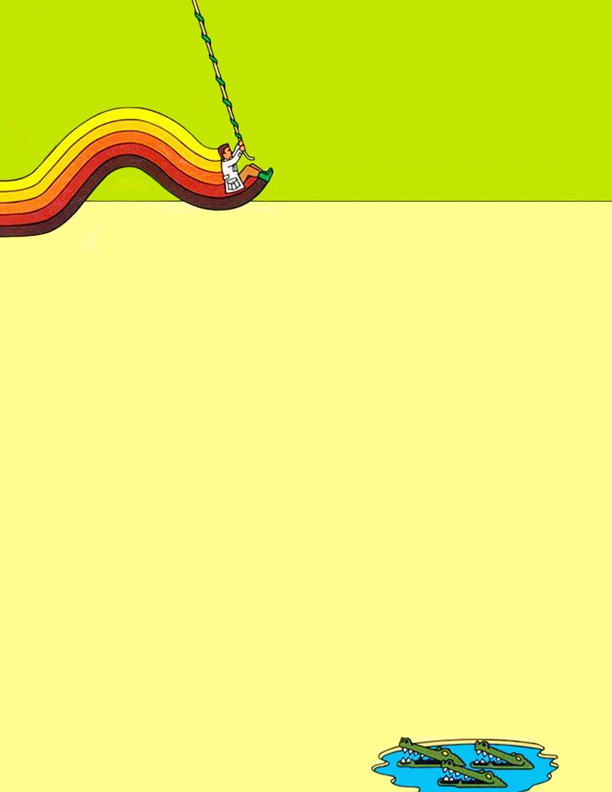This is the editorial note to The New Inquiry Magazine, Vol. 22: Self-Help. View the full table of contents here.
Subscribe to TNI for $2 and get Self-Help (as well as free access to our archive of back issues) today.
***
Telling people to help themselves is big business. Self-help sprawls across bookstores and cable boxes, fills hotel seminar rooms, gyms and therapist offices, even shapes scientific research and seeps into political discourse. Happiness, fitness, long life, wisdom, creativity: all these things have been just within reach at least since Marcus Aurelius. And yet, somehow, we don’t seem to be getting any better.
Self-help’s ongoing failure to transform the world, despite its massive influence, points to the fact that cultural production always makes more problems than it solves. There always needs to be new books to sell. But nonetheless, we really do want the alienation, ill health, boredom, debt, anxiety, and loneliness to cease. And there’s no way that all the gurus, authors, TV hosts, psychics, and personal trainers are cynical hacks—some of them must actually want to help.
So how do we make ourselves better? The practice of self-improvement presents a paradox: The last thing you would think could improve someone’s fucked-up station and self would be a more concentrated effort by the very person who got themselves there in the first place. Isaac Newton stood on the shoulders of giants; the self-improved person teeters on the back of the selfish, damaged mess they used to be.
It is hard to fix yourself, but perhaps that is exactly what self-help does—not in the sense of “repair” but instead in the sense of making a thing constant across time and space. Self-help doesn’t help us will our aspirations into being so much as it soothes anxiety about our shortcomings, about our capacity to keep aspiring. Self-help is a form of deferral, a procrastination: putting off actual struggles by reading a book that tells us how we’re just about to begin the struggle, a quixotic routine that should be familiar to many leftists.
In this issue, The New Inquiry explores how we attempt to surmount these paradoxes with ever more sophisticated technologies and strategies. In “Solving Happiness,” Jules Evans examines nations’ efforts to take positive psychology from the therapist’s office and apply it to placate citizens en masse. In “The Writing Cure” Melissa Petro recounts the limits and promise of narrative therapy, which urges patients to overcome trauma by telling and retelling their story of self-redemption. And in “The Disconnectionists,” Nathan Jurgenson argues that there is hardly anything therapeutic about the growing “digital detox” movement, which is more about policing our desire for autonomy than protecting ourselves from the evils of digital culture. Jesse Barron’s “Instructions For Young Manhood” gives some helpful advice to young dudes on how to behave in the gym, tracing the links between the cult of the male body and eugenics. Sam Kriss reviews the DSM-V, a dystopian novel in which every form of desire has become an abnormality, every difference an excess to be quashed by medication and mediation. In “Just Friends,” Tom Cutterham investigates how, from Dale Carnegie on, self-help has helped us cope with capitalism’s replacement of friendship with customer service and affective labor.
Self-help always suggests that it is you and not society that needs to change. But self-help also touches on sites of potential resistance: rather than be friendly, Cutterham suggests we re-politicize the notion of friendship. In “Data Occupations,” Whitney Erin Boesel defends the Quantified Self movement against its high-profile detractors and finds in it the potential for nurturing Occupy-like pluralism. And in “Placebos and Noisy Bodies,” Miranda Trimmier distributes homemade pills to friends and acquaintances to bring collective belief to bear on physical and emotional healing. Self-help becomes social medicine.
To fix this world, we’re going to need to care for ourselves—self-help is not automatically a species of quietism, and it does not always end in self-blame. The limits of self-improvement need not rest with self-adjustment to survive in a malicious culture where the sense of having been abandoned—by lovers, parents, employers, the state—is endemic. Rather than adjust to a hostile world, self-help can be a matter of seeing that the world is already ours. We’ve built it, against our will, without reward or control. Now we need only help ourselves to it.

